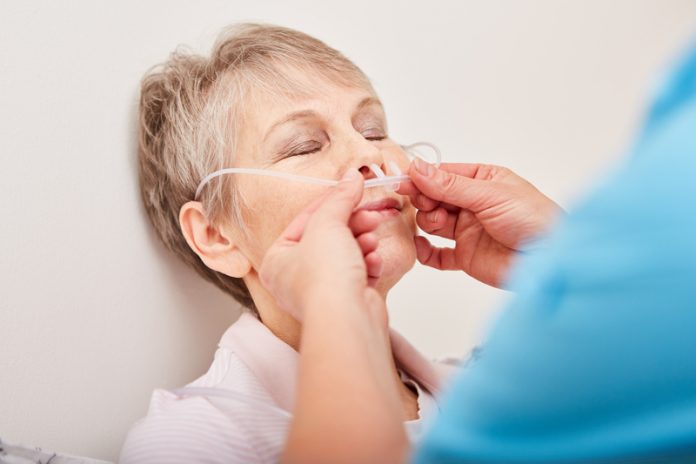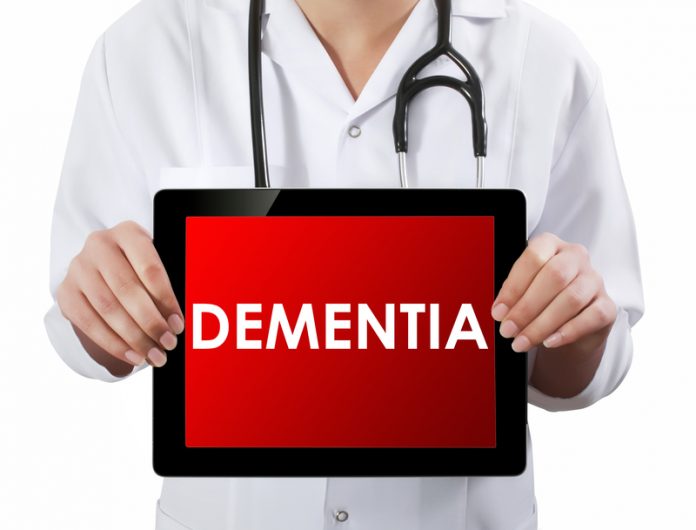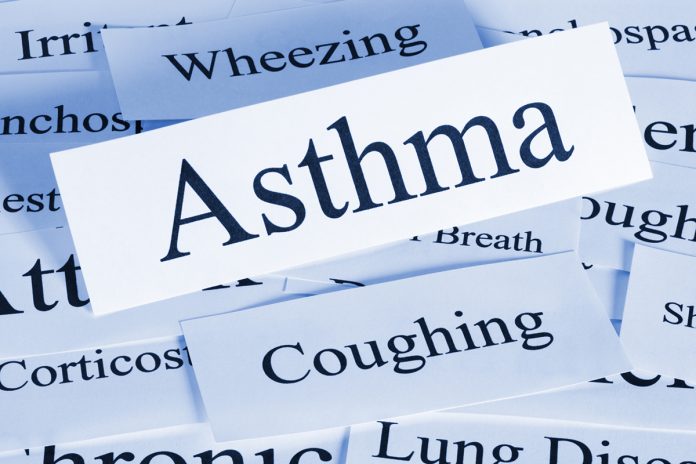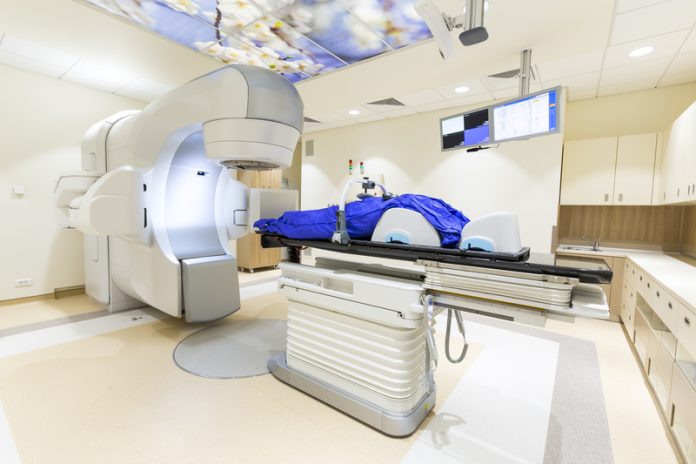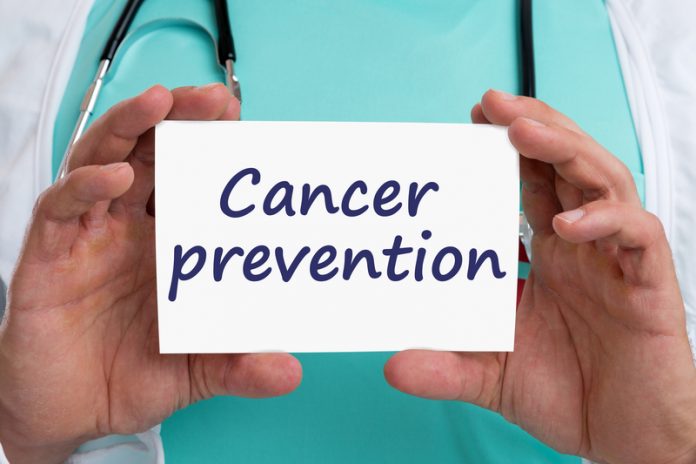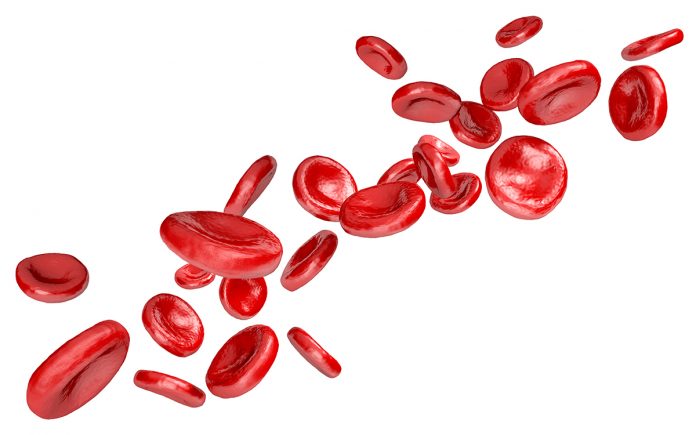Open Access Government produces compelling and informative news, publications, eBooks, and academic research articles for the public and private sector looking at health, diseases & conditions, workplace, research & innovation, digital transformation, government policy, environment, agriculture, energy, transport and more.
Home Search
gene therapy - search results
If you're not happy with the results, please do another search
Rebuilding tissues inside the human body
Scientific progress to grow new tissues outside of the human body led to first market approvals of living tissue-engineered implants
The creation of living tissues to replace or repair damaged tissues or organs in the human body has defied clinicians and researchers for centuries. Yet, only by the end of...
Advances in newborn screening for neuromuscular disease
Kristin Stephenson, Sr. VP, Chief Policy & Community Engagement Officer at the Muscular Dystrophy Association details the advances taking place in newborn screening for neuromuscular disease
Dyspnoea (breathlessness): Still an ongoing battle
Katy Beckford and Alex Christie from the Association of Respiratory Nurse Specialists detail precisely why dyspnoea (breathlessness) remains an ongoing battle today
Mobile health monitoring systems that address diabetes
Cecilia Van Cauwenberghe from Frost & Sullivan’s TechVision Group shares her thoughts on mobile health monitoring systems that address the global concern of diabetes
How can acupuncture help in the treatment of migraines
As migraine awareness week kicks off, Mark Bovey provides 7 reasons as to why acupuncture can help in the treatment of migraines
The key challenges around asthma in Ireland
In this interview, Sarah O’Connor, CEO of the Asthma Society of Ireland charts today’s key challenges around asthma in Ireland and beyond
Improving the care of children in Europe with rare cancer
The European Society for Paediatric Oncology together with Coordinators for the PARTNER Project and ERN PaedCan highlight the importance of collaboration in order to improve the care of children in Europe with rare cancer
Why more investment is needed to put people at the heart of dementia research
Colin Capper, Head of Research Development and Evaluation at Alzheimer’s Society, discusses why greater investment is needed in today’s dementia care research
The need to improve the diagnosis of chronic inflammatory lung diseases
Michael Roth, Research Group Leader at University Hospital Basel argues for the clear need to improve the diagnosis of chronic inflammatory lung diseases
TGF-β signalling – Tumor biology in prostate cancer
Identifying the molecular signalling pathways leading to advanced prostate cancer to improve therapy and diagnosis
Antiviral and antitumor therapies
Prof Dr Chris Meier at the University of Hamburg, Faculty of Sciences, Department of Chemistry explores antiviral and antitumor therapies. He discusses the intracellular delivery of antivirally active nucleoside triphosphates and argues that the ultimate challenge is applying these as chemotherapeutics
From molecule to medicine
A report this week from the Office of Health Economics (OHE) shows the amazing impact medicines have had on the NHS and more widely
New data reveals cancer diagnosis could affect treatment options
Data from Public Health England shows that cancer diagnosis could impact upon which kind of treatment a patient receives.
High-level regional event held to promote awareness and combat spread of cancer in Africa
World’s second largest inter-governmental body and First Ladies from 16 African Nations deliver Africa cancer awareness event with and agree measures to combat the spread of cancer in Africa
Diabetes: A global epidemic, A local problem
Dr Eleanor D Kennedy, Research Manager at the Diabetes Research and Wellness Foundation explains why diabetes is a global epidemic and at the same time, a local problem
“Erythropoiesis in and out of the body”
Members of the RELEVANCE consortium – Anna Bogdanova, Francesca Aglialoro, Marieke von Lindern, Emile van Akker, Ashley Toye, and Pedro Moura – explain their thoughts on erythropoiesis, in and out of the body.
Diabetes: A paradigm case for rewarding innovation in value-based healthcare
Prof Dr Freimut Schliess, Director of Science & Innovation at Profil Institut für Stoffwechselforschung GmbH explains the important role of innovation when it comes to healthy living and active ageing, including his thoughts on the diabetes paradigm
Environmental Toxicology: How chemicals interact with environmental species and human physiology
The European Centre for Ecotoxicology and Toxicology of Chemicals (ECETOC) give a detailed perspective on environmental toxicology, a life science discipline that seeks to understand how chemicals, both natural and man-made, can interact with environmental species and human physiology to cause harm
Nanomedicines: Depicting human health risks hindering clinical translation
Cecilia Van Cauwenberghe from Frost & Sullivan shares her expertise on the world of nanomedicines, with a special focus on depicting human health risks hindering clinical translation.
The challenge of curing cancer in the world’s children
Dr Martin English, Consultant Paediatric Oncologist and member of the Royal College of Paediatrics and Child Health (RCPCH) explains the challenge of curing cancer in the world’s children



